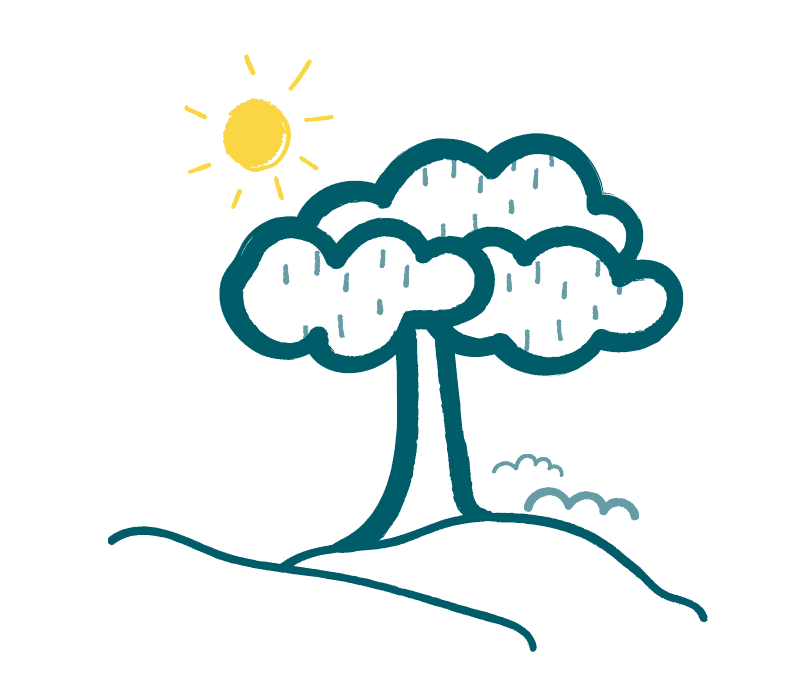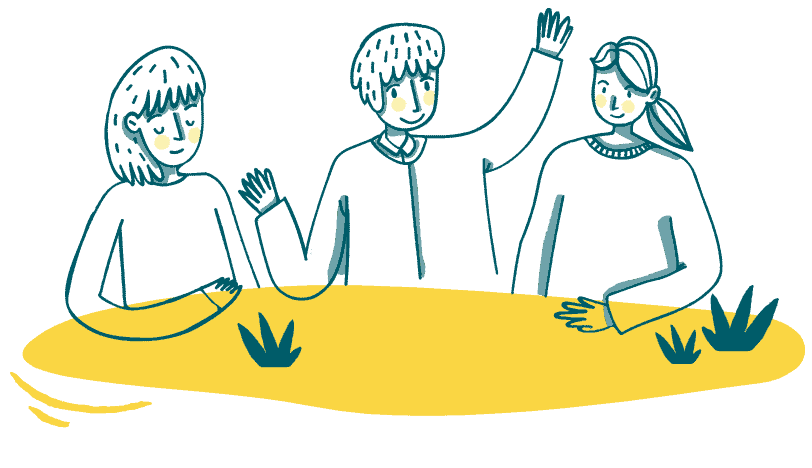Since the symbolism of Buddhism is mostly related to numbers, in the case of death, it’s 49. This number represents the number of days the soul of the deceased needs to purify and get the new form. Finally, on the 49th day, a person is born again (reincarnated).
Buddhists believe that the decedents begin a new life after passing away. And death is just a moment when their karmic energy from the previous life collects and determines their rebirth.
The mourning period is essential for the decedent’s family and loved ones. It’s when they participate to ’help’ the deceased’s soul start a new life. Also, they don’t go to festive and happy events but mourn in silence.
Every seven days during the 49 days of mourning, the family prays and performs rituals to honour the deceased. Anyone who comes to express their condolences can join, too.
Buddhist Rituals Before Funerals
According to Buddhist tradition, a dying person should close their eyes for the last time in a peaceful environment. So, when the end is near, their loved ones gather for the last goodbye.
Family and friends should provide the dying person comfort and help them reflect on their good deeds. That’s of great importance for invoking good karma and a good, new life for the soul of a dying person.
After passing away, the decedent stays in the house during the visitation. Then, people come to express their condolences to the family and light a candle on the altar, a simple and modest setting in honour of the deceased.
Funeral and Following Rites
The funeral takes place in a Buddhist temple or funeral home, following the deceased’s wishes. Priest and family lead chants, glorifying the decedent’s life and recalling Buddha’s teachings.
Finally, the deceased is cremated or buried. In the case of cremation, the family leaves the body to get prepared for burning. In a spiritual sense, that’s how the first cycle of reincarnation begins.




